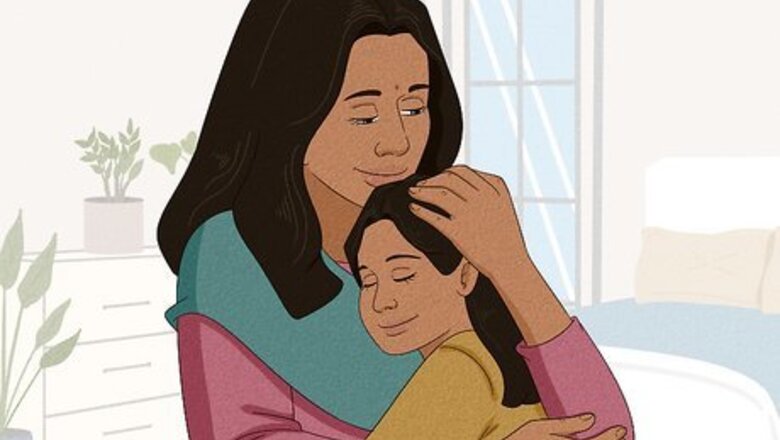
views
- Parental love is the act of supporting, appreciating, and showing affection between a parent and child.
- Parental love positively impacts a child, helping them develop emotional awareness and self-confidence.
- Studies have shown that children who experience parental love are happier and have a more positive adulthood.
What is parental love?
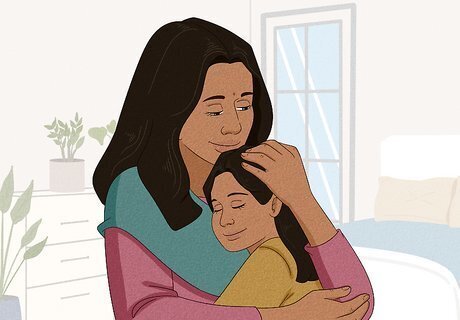
Parental love is the unconditional affection a parent can give a child. This love can be expressed physically and emotionally. As a parent, you show parental love by supporting and accepting your child for who they are, or giving them a kiss, hug, or compliment. This type of love can positively affect your child’s upbringing and development. If your child doesn’t experience parental love and feels parental rejection instead, they may become emotionally detached, have a lower self-esteem, and be more hostile. You and your child’s personalities and relationship with one another may affect how you show parental love.
Benefits of Parental Love
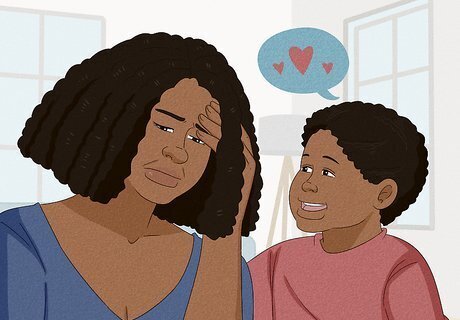
Emotional awareness and spirituality When a child receives love, they learn how to give love. Showing children how to be affectionate and supportive is a great way to help their kindness develop. For example, say you ask your child if they need a hug when you notice they’re upset or crying. Verbalizing your urge to hug them allows them to set boundaries, all while showing them that you care enough about them to hug them. In the future, they can replicate this behavior.

Brain development A parent’s love can help a child’s brain grow. In a study, researchers found that children who received nurturing and supportive love developed learning and memory skills faster than those who didn’t.

Self-confidence and self-worth Children consistently loved by their parent(s) are more sure of themselves. Because they’re supported at home, they can support themselves anywhere—they know their self-worth. Parental love helps them be confident in who they are. Think of it this way: Your child may follow a thought process like, “If mom believes I can do it, I know I can do it!”
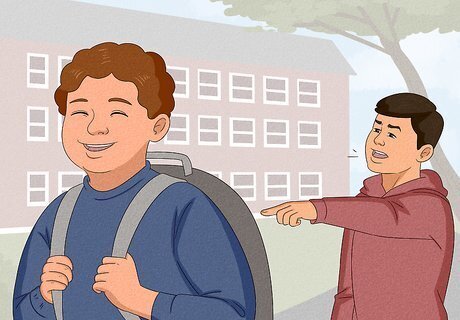
Adaptability and conflict resolution Children who experience parental love are more likely to stand up for themselves and face adversity. The love from their parents helps them learn self-control, resilience, and patience, especially in times of conflict.
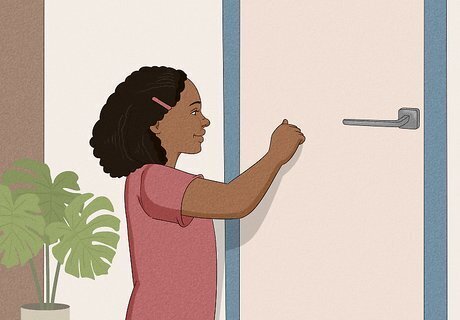
Healthy boundaries Support from guardian figures can help a child feel more secure in themselves and their body. Children who experience parental love are more likely to vocalize their wants and needs, setting personal boundaries and accepting their parents’ boundaries.

Happiness Studies show that those who receive unconditional love from their parents are happier and less anxious in childhood and adulthood. The affection and support they feel from their parents impact their overall attitude and outlook on life. As children, they’re less stressed; as adults, they’re less depressed and more likely to spread compassion rather than hate.
Parental Love & Attachment Theory
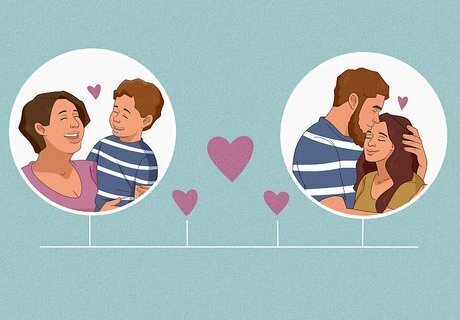
Loving your child now can impact how they’ll handle future relationships. Attachment theory is the idea that the bond between a parent and child greatly influences how the child is intimate with others later in life. There are 4 types of attachments: secure, ambivalent, avoidant-dismissive, and disorganized attachment. Secure attachment is ideal and forms when there’s a strong, healthy bond (or parental love) between you, as a parent, and your child. Develop a secure attachment style with your child by showing them parental love. Give them comfort and support when they need it (such as a hug or soft word), and allow them to explore the world on their own by making and learning from their mistakes.
How do you deal with a lack of parental love?

Set boundaries and focus on your self-worth if you haven’t experienced parental love. If you didn’t feel loved or accepted by your parents growing up, you may have a hard time trusting people, responding to conflict, and believing in yourself. Know that this isn’t permanent—you can turn your life around and cultivate the love you didn’t receive as a child. Heal yourself by: Being kind to and forgiving yourself. Practicing self-care and self-love. Setting healthy boundaries. Journaling or engaging in a mindful activity (like coloring). Surrounding yourself with positive, supportive people. Going to therapy and identifying your attachment style and triggers.



















Comments
0 comment